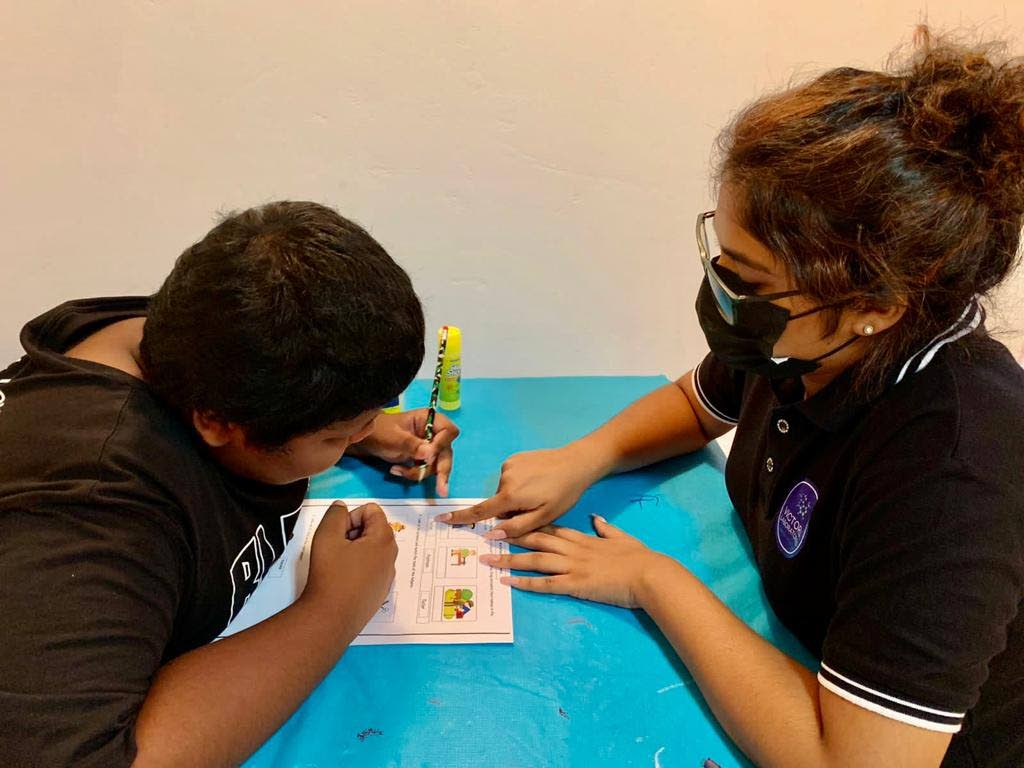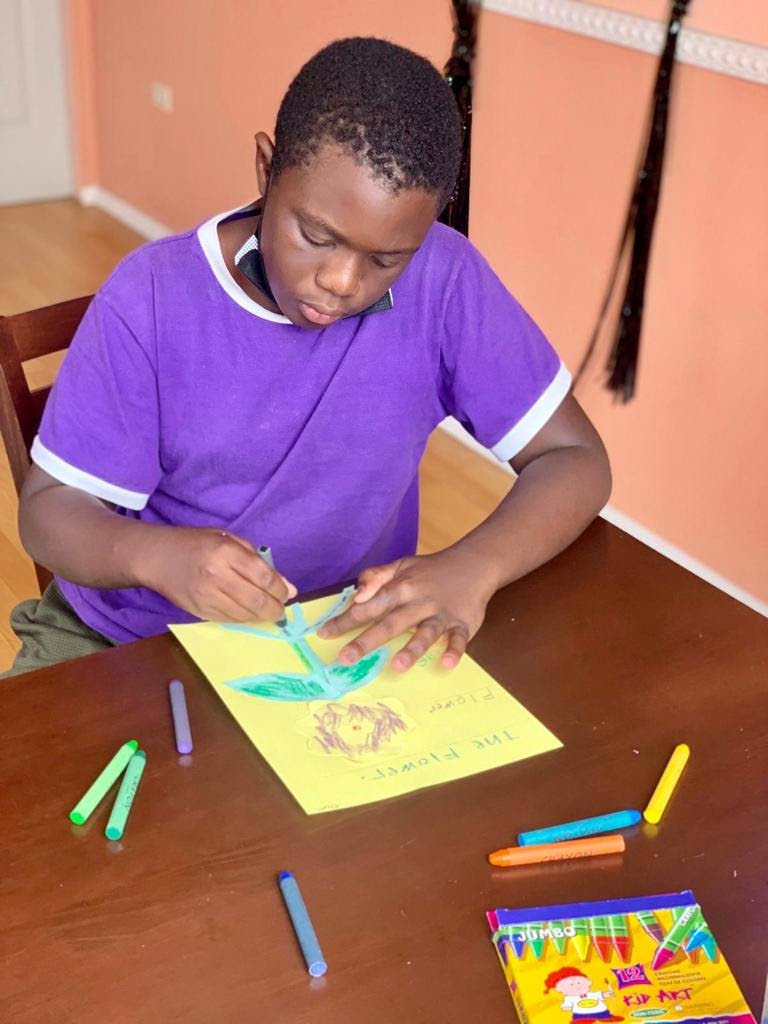Special needs education: neither inclusive nor accessible

DR RADICA MAHASE
"Our education system is now modern, inclusive, accessible, and relevant and broadly meets the development needs of our country."
These were the words of the Honourable Colm Imbert, Minister of Finance, in his presentation of the budget 2023.
These words show the extent to which politicians are far removed from the reality which exists in TT. If the Minister of Finance truly believes this, if the politicians in TT truly believe this, then there is definitely no hope for special needs children in this country.
Let me break down this statement in relation to special needs education.
First, there is nothing modern about the education of children with special needs in our country.
Right now, our education system is all geared towards forcing children with learning disabilities and special needs to be "normal." If they cannot sit still at a desk for long hours, cram and regurgitate large chunks of information and excel at academics, then principals and teachers claim "they cannot learn" and they’re "duncy" and so on. Parents/caregivers are then made to feel that their special needs children are "not bright" or just "not good enough."
A modern education system takes different abilities and learning styles into consideration, but, unless the child is in a private school here, that is not the case in this country.
Secondly, no matter how much we throw around the word "inclusive" and write it in our numerous documents, inclusive education is a myth in this country.
If we had inclusive education, there would not be children with autism and other special needs at home right now; they would be sitting in a classroom in a public school, engaged in learning activities tailored to their specific needs and assessed in a variety of creative ways.
If we had inclusive education in TT, parents would not be waiting for years to get a teacher’s aide for their children. Parents would not have to struggle to pay anything between $1,000-$3,000 a month for their child to be educated at a private school.
Thirdly, is education really accessible for all?

Photo Courtesy Rahul's Clubhouse
Unicef notes that, “An inclusive education system is one that accommodates all students whatever their abilities or requirements, and at all levels – pre-school, primary, secondary, tertiary, vocational and life-long learning.”
Here in TT, we have children diagnosed with autism who are blatantly turned away by schools. We have principals who admit that they do not have teachers trained in special needs education so they cannot enrol these children into their schools. There are teachers who do not want to teach children with special needs or believe that they are incapable of learning, much less excelling. An accessible education is one where all children, including those with disabilities/special needs has equal access to the general education system. Accessibility means that children from lower-income groups must also have access to a good-quality education – their education should not be dependent on whether or not parents have money to afford private schools, to pay for extra lessons or to hire private tutors, etc.
Fourthly, Imbert said our education system is “relevant and broadly meets the development needs of our country.”
One international agency notes, “Relevant education refers to the appropriateness of students' learning opportunities…It prepares children for a positive future in society in the national and international context. Relevant education is an element of educational quality and refers to what is learned, how it is learned, and how effective the learning is.”
The education that is afforded to children with autism and other special needs is not relevant for all of them. Many children with autism and other special needs actually need various forms of therapy such as speech, occupational and behavioural therapy to develop to their full potential.
Yet none of these is offered within the education system. Many are talented in areas of art, music, sports, etc, but our education system focuses on academics.
How, then, are we preparing them for the future? How is our education system helping them to develop to their full potential?
Education was once again allocated the largest amount in the budget. I hope that at least some part of the $7.453 billion that was allocated to education, would be use to increase staff at Student Support Services, hire more teachers with degrees in special needs education and definitely increase the number of teacher’s aides. There’s a lot more that needs to be done but at least this will help to start the process of real inclusion and accessibility.
Maybe one day, government will admit that the education system is failing many children in this country, especially those with autism and other special needs, and will seriously consider ways to make education accessible to them.
As for now, Mr Imbert, when you take children on the autism spectrum as well as those with other special needs and disabilities into consideration, TT’s education system is not modern, inclusive, accessible or relevant on many levels.
Radica Mahase is the founder/director of Support Autism T&T

Comments
"Special needs education: neither inclusive nor accessible"